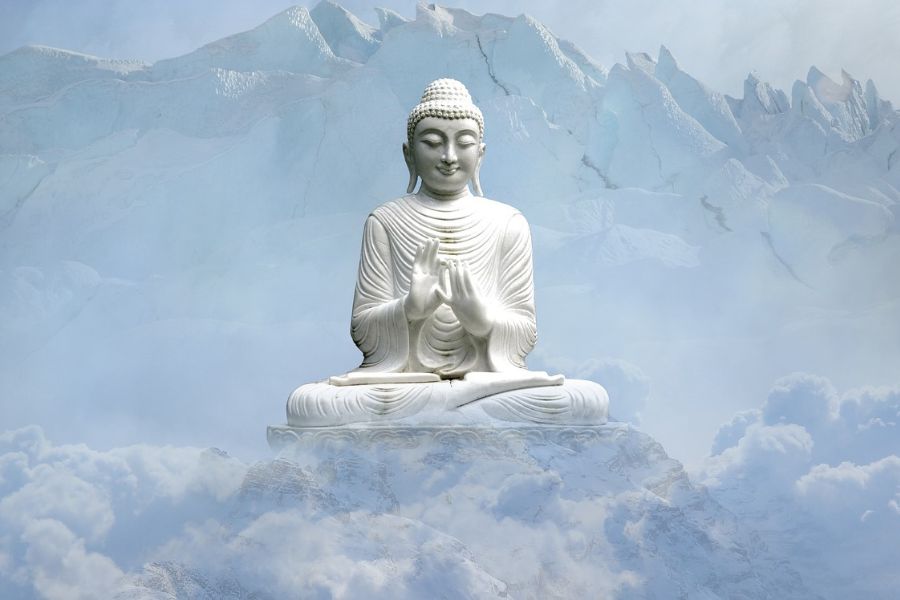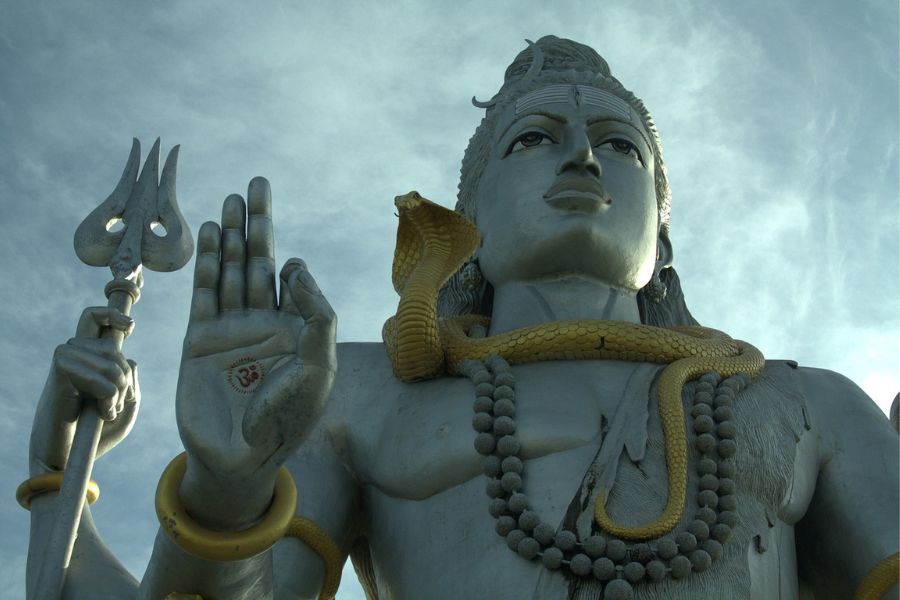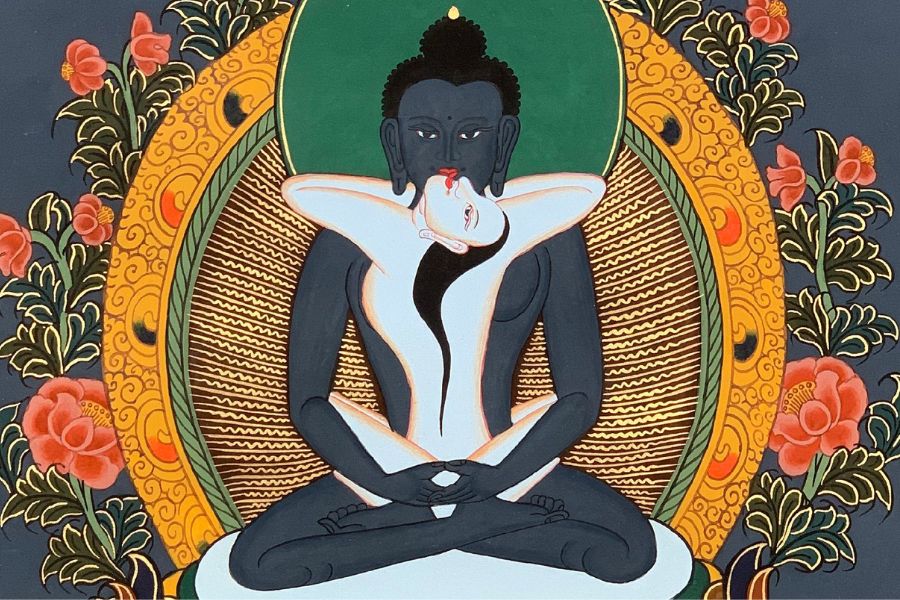Today, we’re telling a fascinating story about an enigmatic figure in Russian history: Grigori Rasputin, the "mad monk" who became famous for his connection to the Russian imperial family.
Rasputin was born into a merchant family in Siberia. Though he studied to become a monk, he abandoned the religious vocation and instead wandered through Greece as a pilgrim. During this journey, he gained fame as a healer, which eventually reached the ears of the czars. At the time, the imperial family had a son, Tsarevich Alexei, who suffered from hemophilia, a rare blood disease, and many believed Rasputin was the only one who could heal him. This earned him the trust of the imperial family.
Russia was going through a time of great turbulence, with deep social, political, and economic changes that would culminate in the Russian Revolution and the end of the monarchy. In this context, Rasputin emerged as a controversial figure, growing in influence at the imperial court. The czar, a great believer in spiritualism and supernatural forces, became particularly interested in Rasputin due to his reputation as a miraculous healer.
Rasputin was a peasant of humble origins, yet he had such a vital magnetism that it created a primal sense of power in his encounters with the aristocracy of St. Petersburg, which was already decaying in many ways. His presence seemed, in a sense, to be an elemental force, something that undoubtedly made him even more alluring to the elites of the time.
One of Rasputin’s first feats at court was the healing of Alexei Romanov, who suffered from hemophilia and experienced constant bleeding. The court doctors couldn’t stop the hemorrhages, but Rasputin, with his unconventional methods, succeeded. From that moment on, he gained the full trust of the czar and czarina, who, impressed by his "powers," began to see him as a saintly visionary. The monk became a key figure at court, with his influence over the imperial family growing stronger.
As his influence grew, Rasputin became an even more powerful figure in Russia, effectively governing alongside the czars, which caused great discomfort among the nobility and other government members. Many, especially high-ranking figures like Prince Yusupov and Grand Duke Pavlovich, decided it was time to eliminate Rasputin. His increasing power and control over the imperial family were seen as a threat.
In an assassination attempt, Rasputin was invited to a dinner at Prince Yusupov’s palace. During the event, the conspirators served him sweets and drinks poisoned with potassium cyanide, a lethal amount capable of killing dozens of people at once. However, Rasputin seemed to feel no effects; the poison had no impact. The conspirators, anxious, urged him to eat and drink more. Surprisingly, the poison had no effect on Rasputin, who appeared increasingly comfortable.
Faced with this, Yusupov decided to shoot Rasputin. The monk fell, seemingly dead, but the conspirators were shocked when, upon turning his body, Rasputin pushed Yusupov away and tried to escape. Rasputin was then shot again, fell once more, but rose a second time, before being struck with a club and violently beaten until he fell lifeless.
However, Rasputin’s vital resistance was remarkable. He still showed signs of life when his body was placed in a sack and thrown into the Neva River from a bridge. This was the tragic end of Rasputin, a mysterious man who played a significant role in the historical events of Russia. His name became marked by his enigmatic presence and the extraordinary circumstances surrounding his death.




















